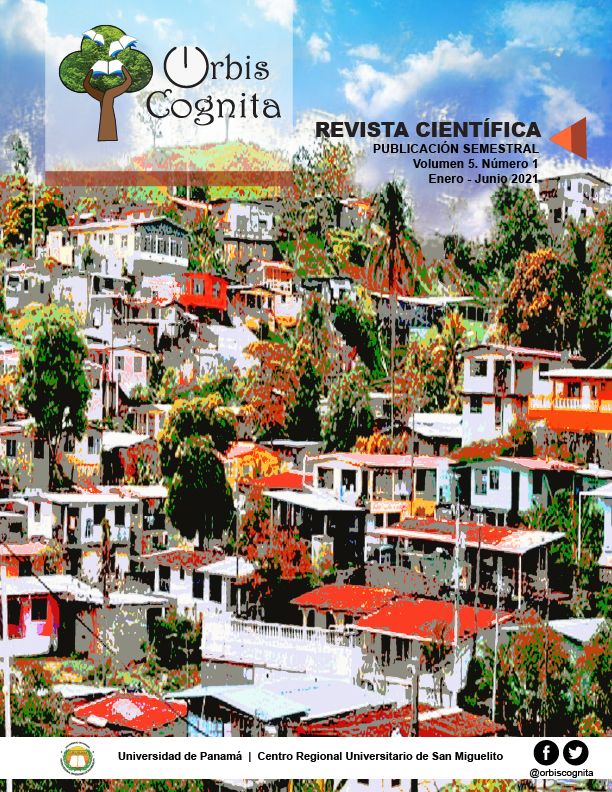

In Panama, tax evasion presents difficulties inherent to its origin. Certain evidences indicate that important proportions of public income are not received by this concept. Because it is a phenomenon of a hidden nature, this research addresses the issue from an administrative perspective, aiming to analyze tax evasion in Panama from the particular context of Panamanian companies. For this review, the qualitative approach was considered under documentary theoretical research supported by a bibliographic design, of an analytical and interpretive nature. The data collection techniques and instruments used, documentary observation, content analysis and a registration matrix of secondary information sources. In the investigation, both in the theoretical plane and in the various empirical approaches, the analysis of the individual taxpayer, the way in which the tax administration process is carried out in companies, the tax culture that prevails in them, the tax legislation current, the inspection process developed by the authorities in the matter and the need to achieve an acceptable level of competitiveness in the market. Finally, the bibliographic review made it possible to identify the regulations on tax evasion that provide us with valuable information to reduce tax non-payment by highlighting the consequences that this entails for legal non-compliance in tax matters at the national and international level.